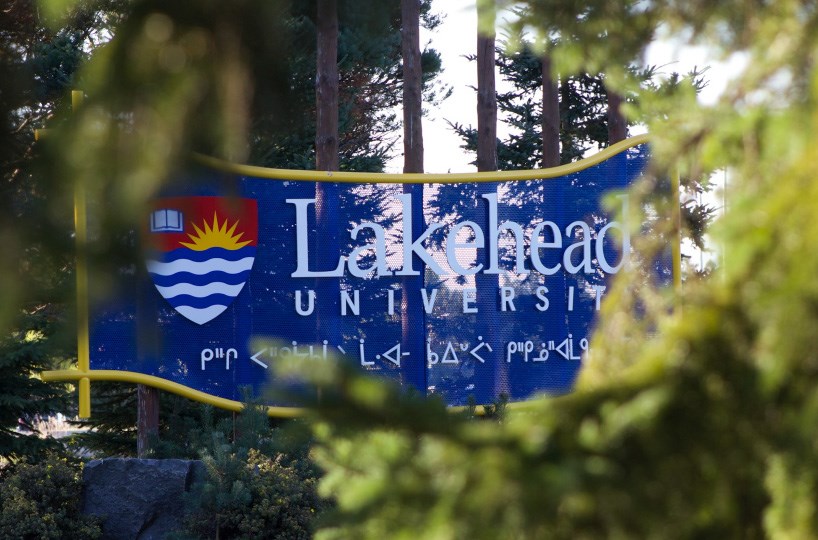THUNDER BAY – Lakehead University has launched a new ten-year initiative the school hopes will support the revitalization of Indigenous languages in and around the university, in recognition of the United Nations Education, Scientific, and Cultural Organization's designation of 2022 to 2032 as the decade of Indigenous languages
“Indigenous languages are a basic human right recognized by the United Nations Declaration on the Rights of Indigenous Peoples,” said Denise Baxter, Lakehead's vice provost of Indigenous initiatives.
Vicki Monague, a Lakehead graduate and founding member of the United Nations Decade of Indigenous Languages committee, and the plan’s author, says that the first year will be spent in community consultation, with five- and 10-year goals being gradually rolled out, including the creation of immersion houses on campus, where only Indigenous languages would be spoken, and the development of immersion curriculum with First Nations elementary schools
“This plan is designed to provide institutional support for students, faculty, staff, and Indigenous partner communities for language revitalization,” said Monague.
“It supports the development of fully fluent Indigenous speakers and will result in systemic support for linguistic and cultural justice for Indigenous peoples.”
Three Indigenous languages are taught at Lakehead: Oji-cree, Cree, and four dialects of Ojibwe (Eastern, Northern, Southwestern, and Western).
Current fluency rates vary throughout the region, with many more speakers in some isolated First Nations like Fort Severn than in more urban communities like Fort William First Nation
"Even though my grandparents on my father's side were fluent, spoke our language fluently, we didn't get enough time to spend with them to listen, to understand, to pick up that language, because we were again being schooled in urban settings. The language was not part of that education system," said Chief Peter Collins of Fort William First Nation.
At the Making a Decade of Action for Indigenous Languages meeting in Mexico City, more than 500 participants from 50 countries passed the Los Pinos Declaration, which affirmed Indigenous Peoples’ rights to freedom of expression, education in their mother tongue and to participate in public life using their languages, as prerequisites for the survival of Indigenous languages, many of which are currently on the verge of extinction.
“At Lakehead University, we are excited to respond to the Los Pinos Declaration on the Decade of Indigenous languages,” said Lakehead president Moira McPherson.
“This is a vital opportunity to continue building collaborative relationships with Indigenous Peoples here on Turtle Island. The best way to achieve justice for the experience of Indigenous Peoples in the Indian Day School System and the Indian Residential School system is to learn an Indigenous language.”
